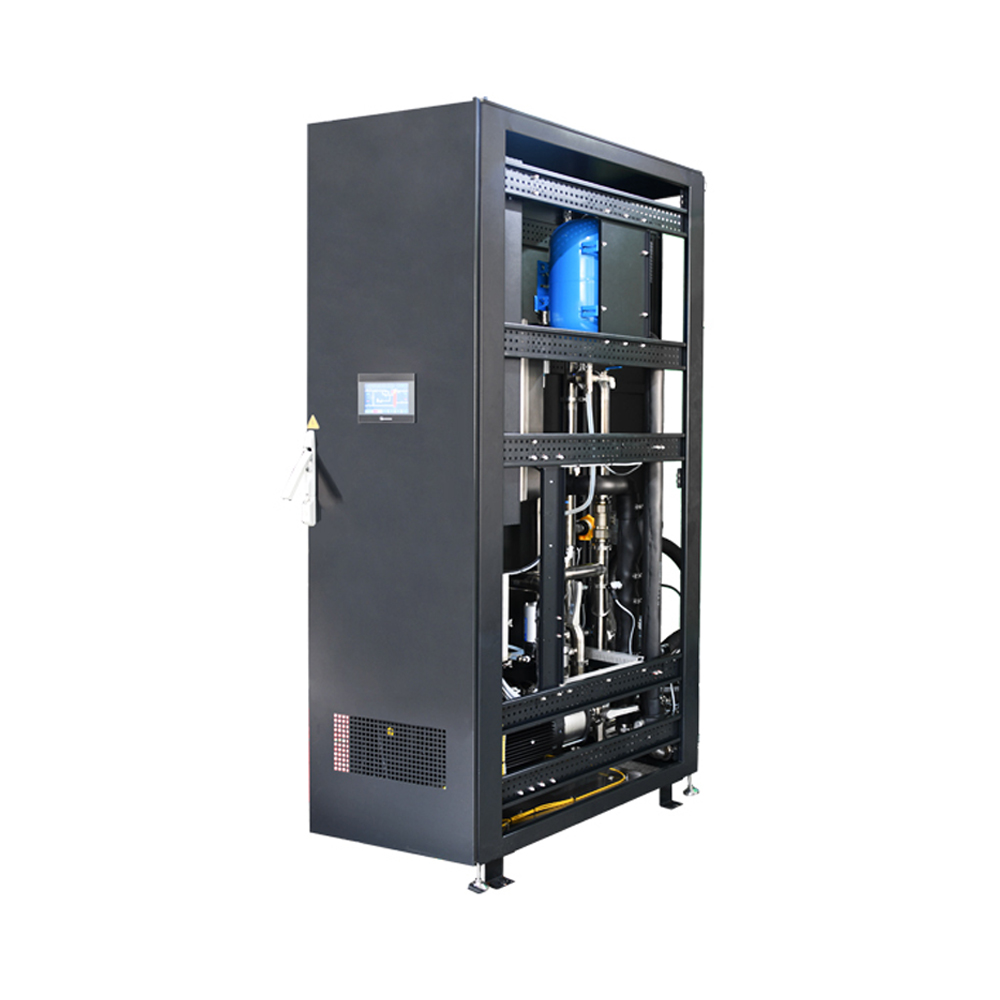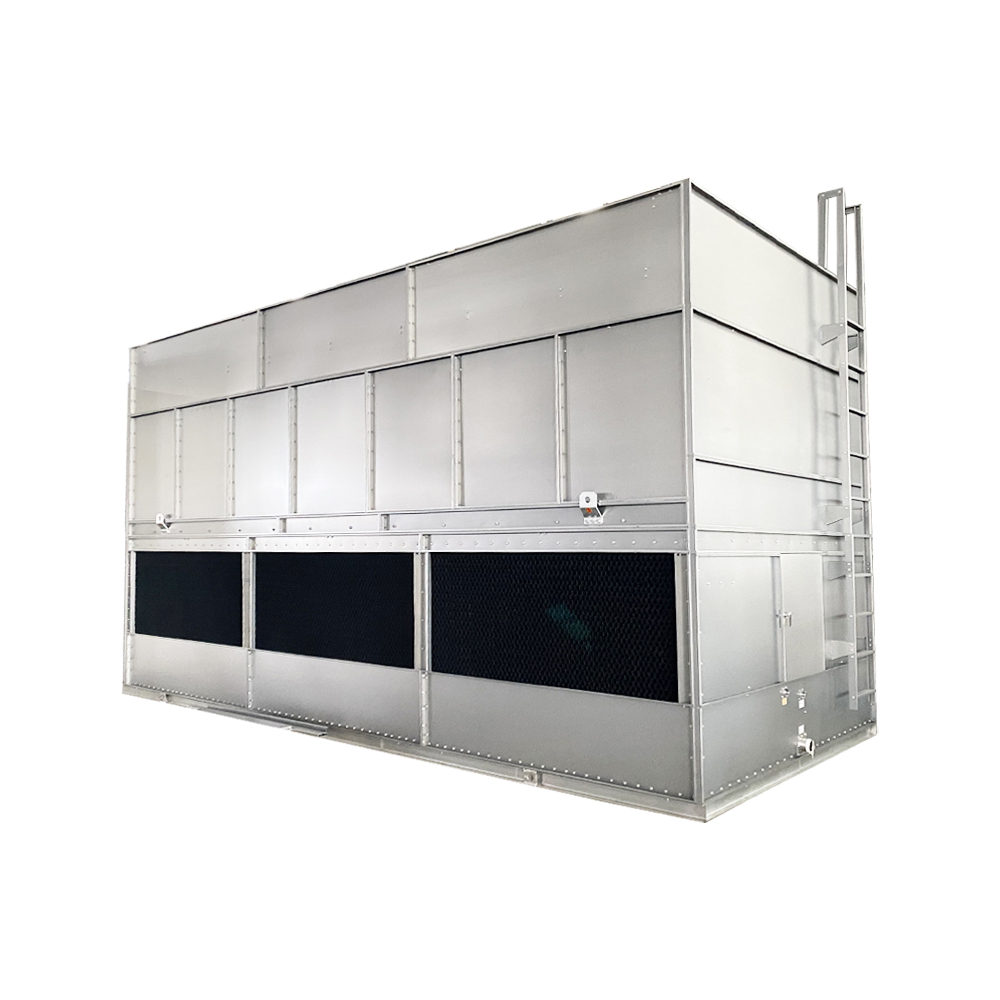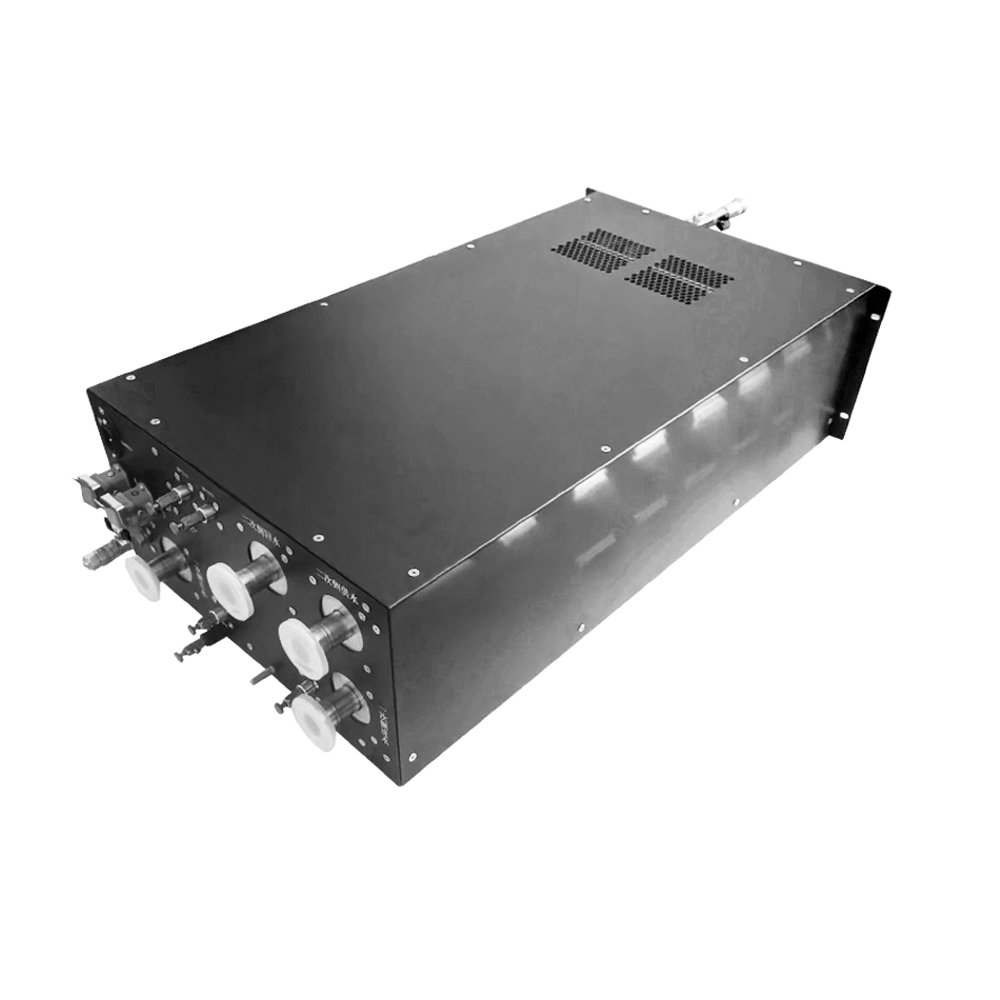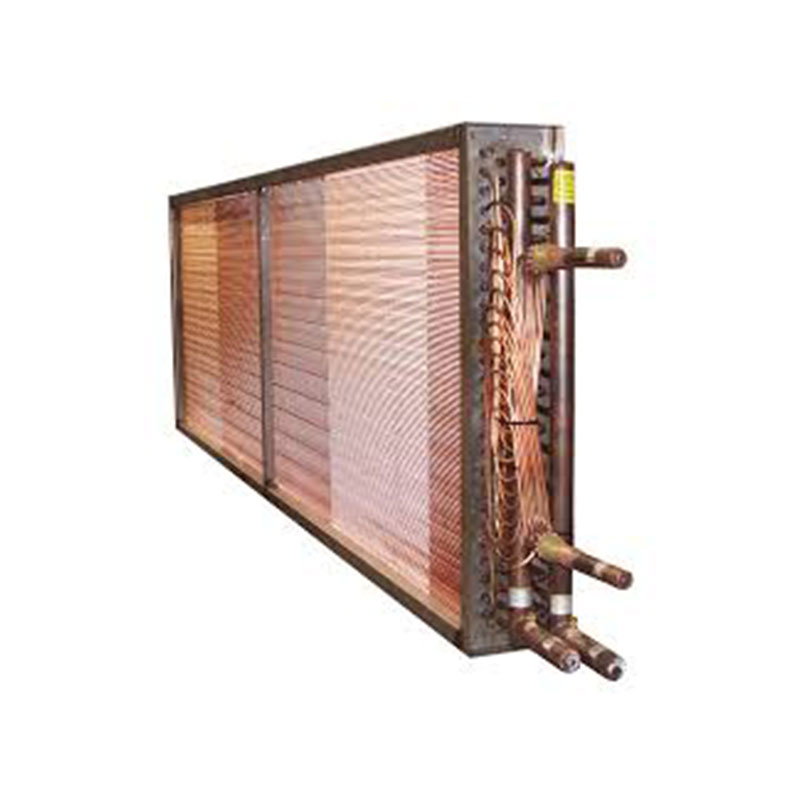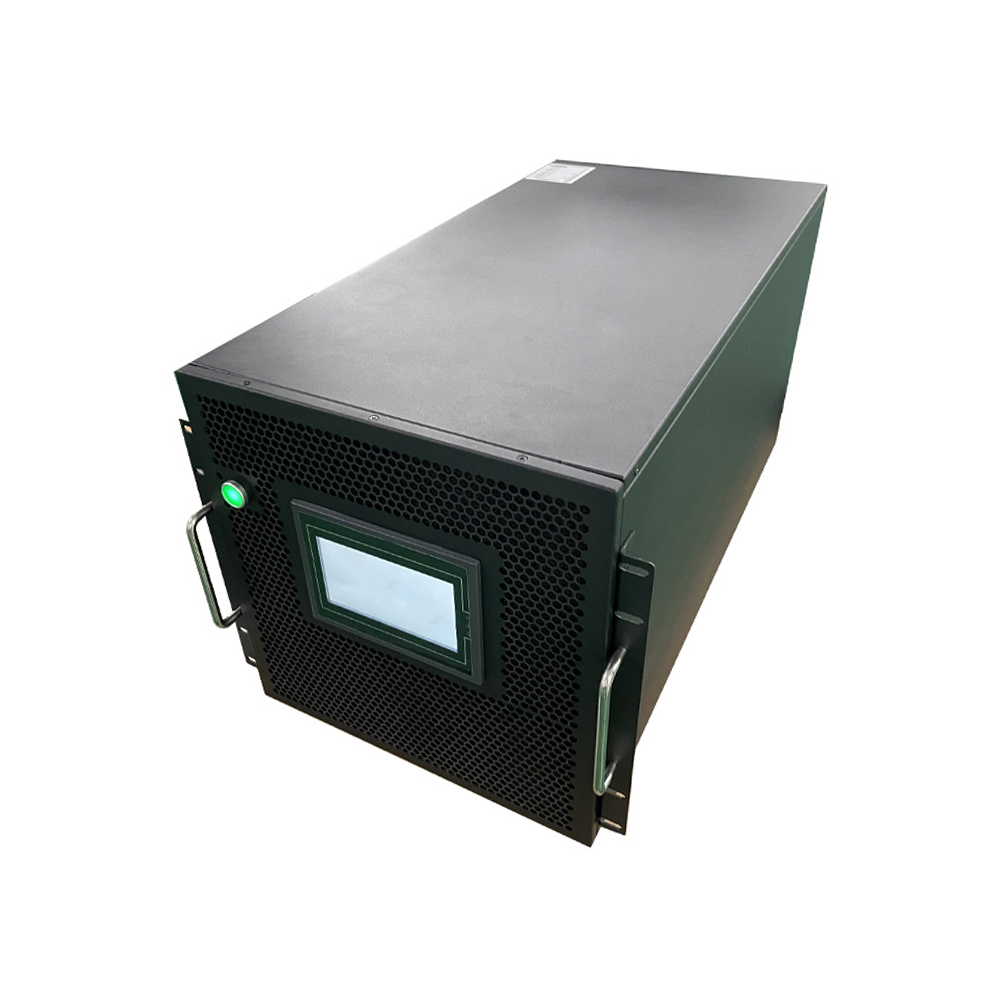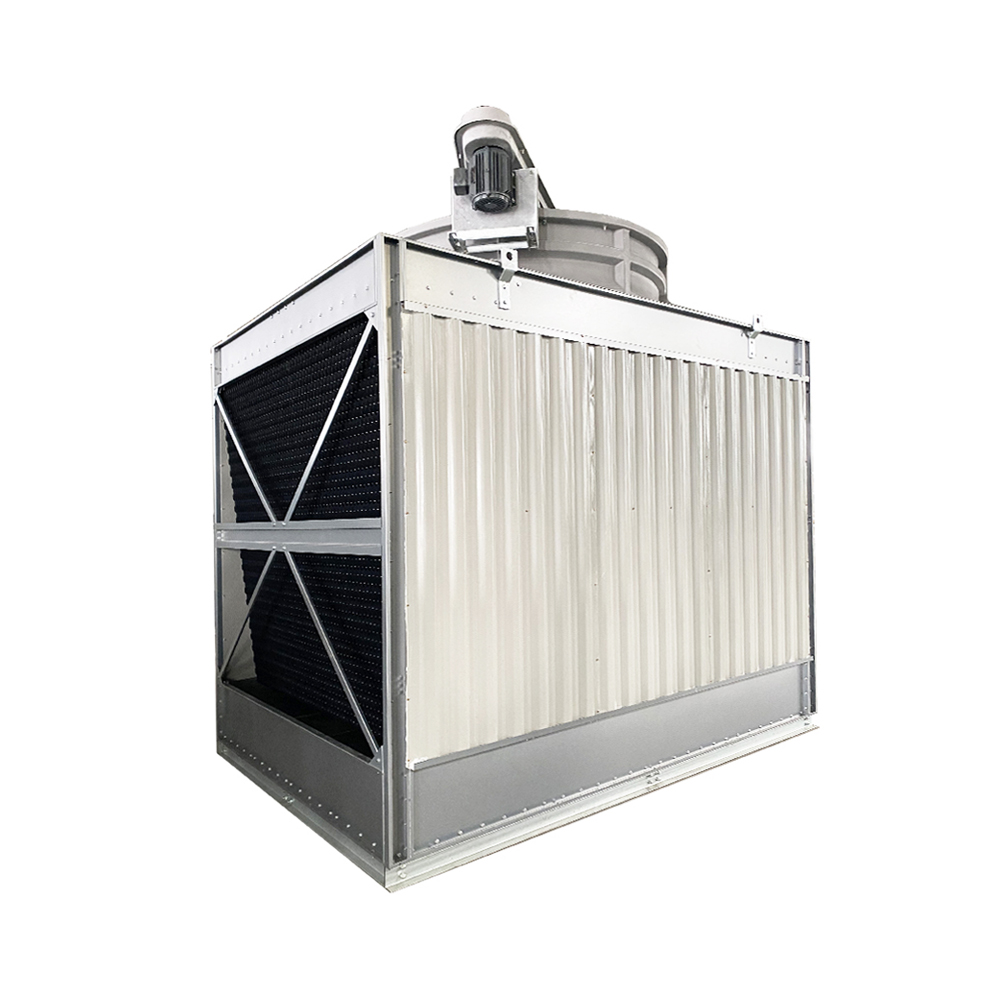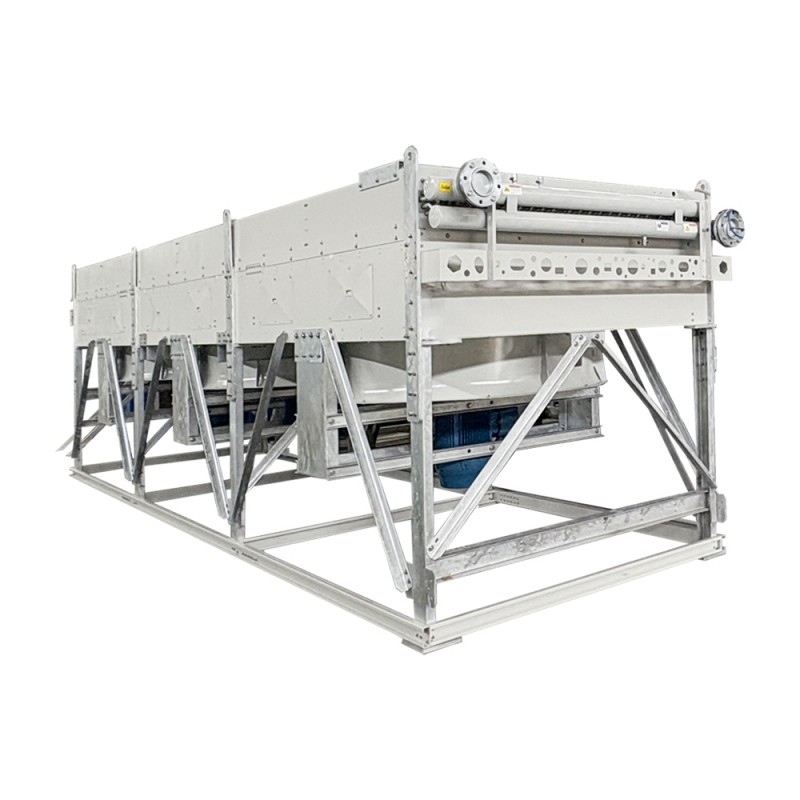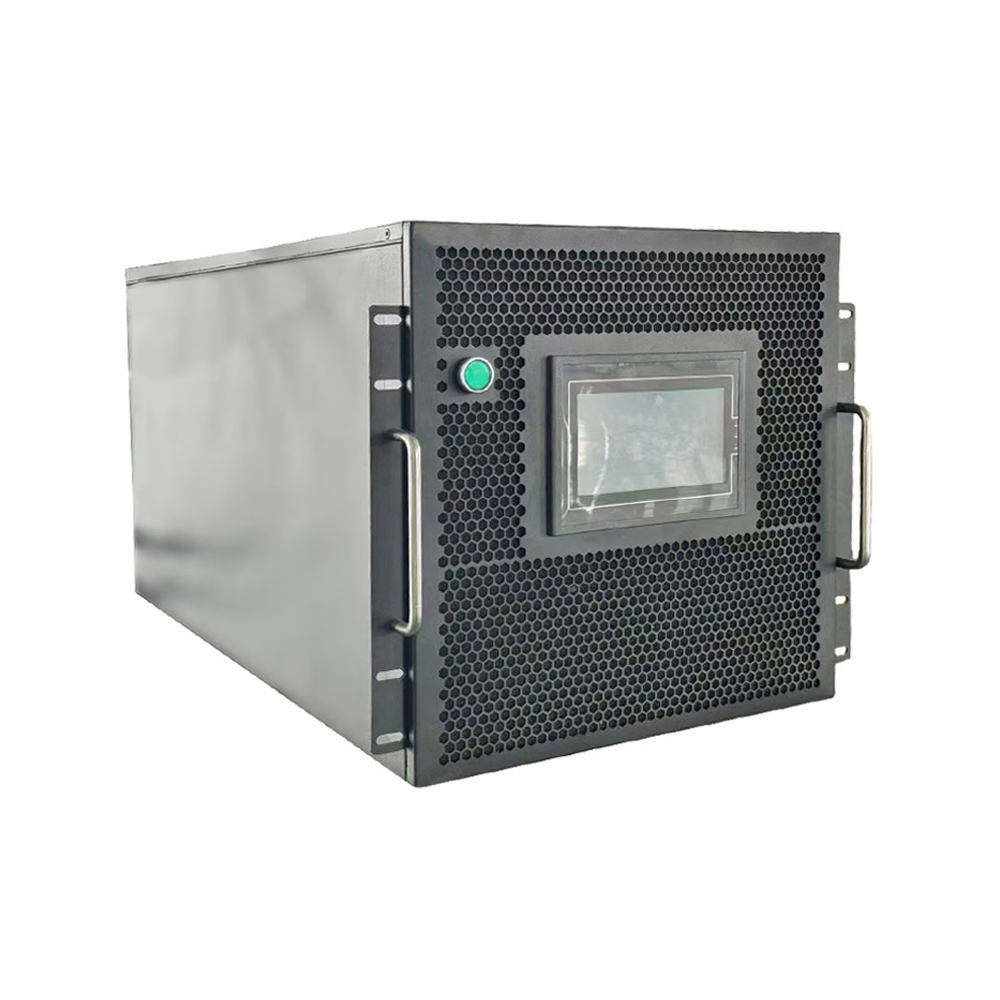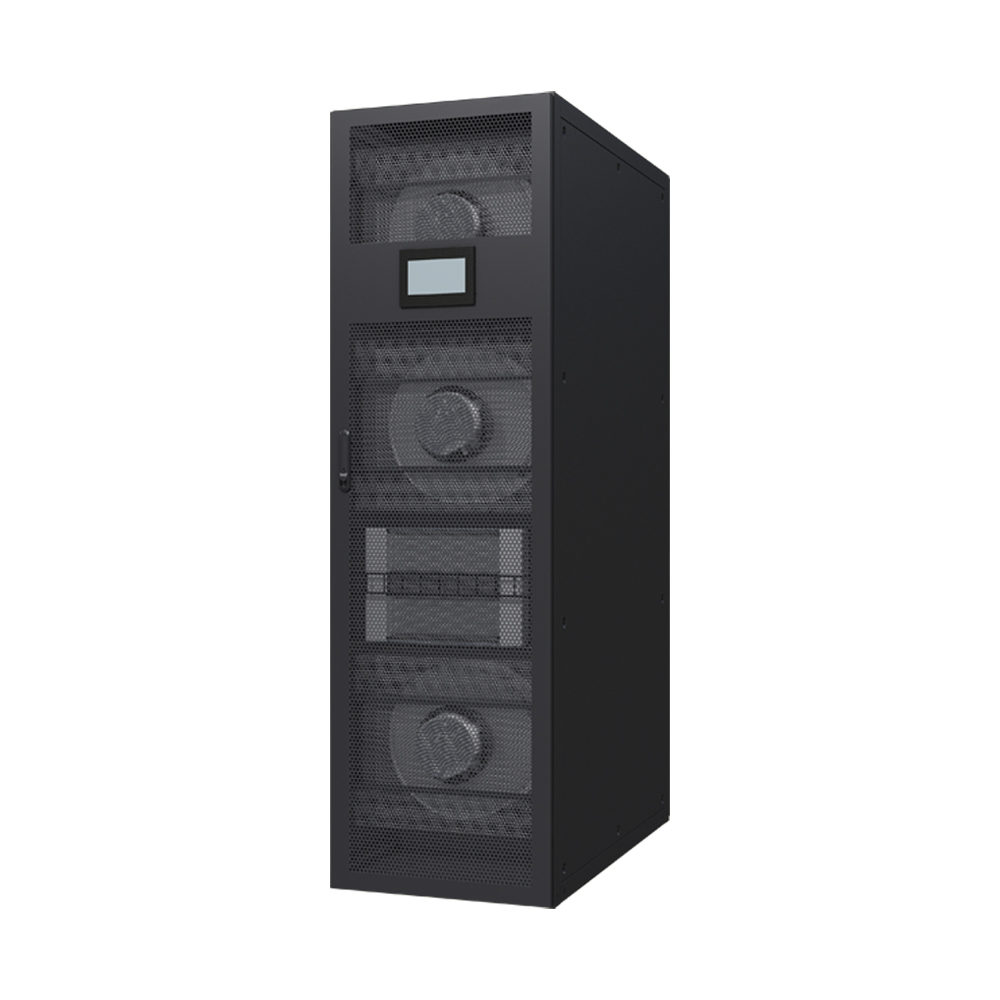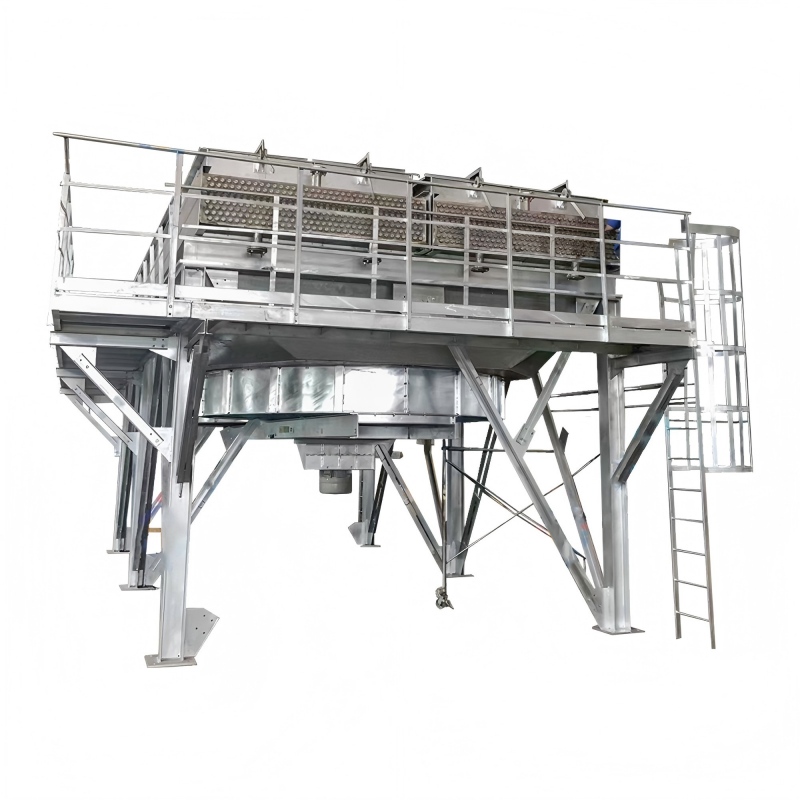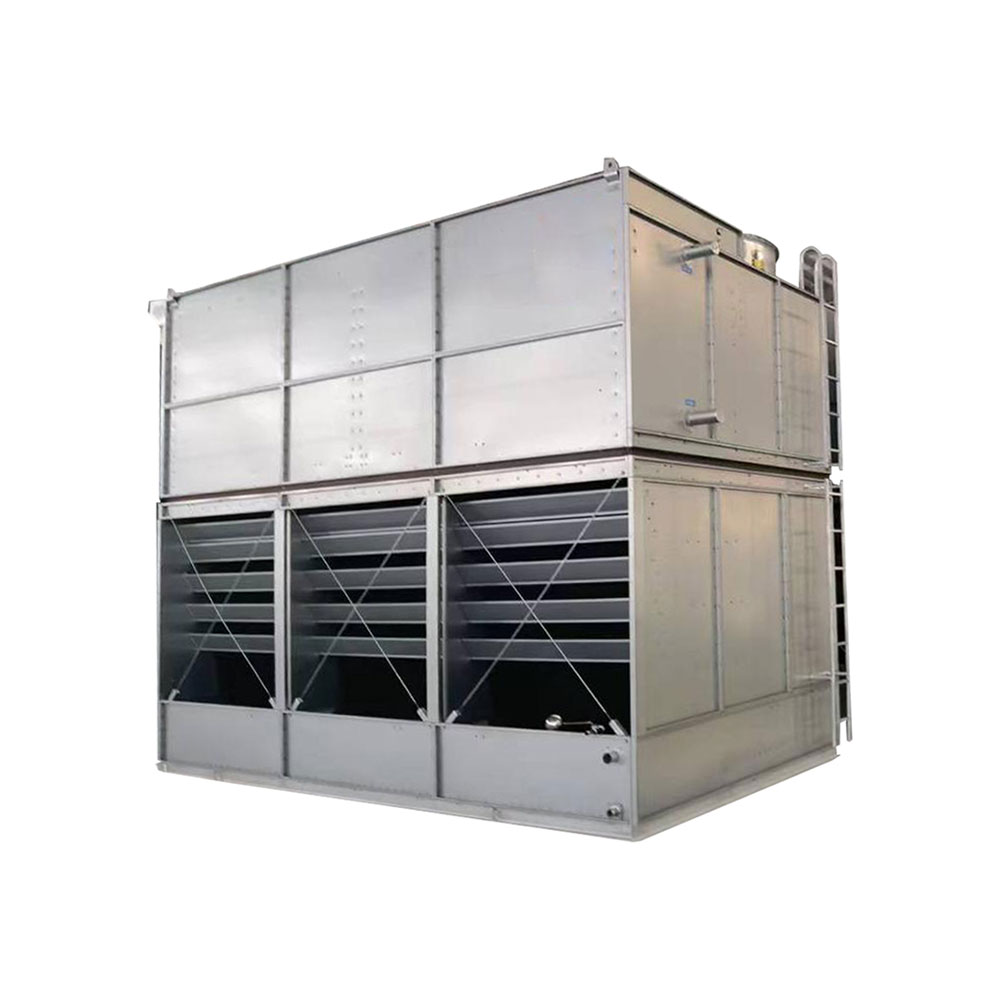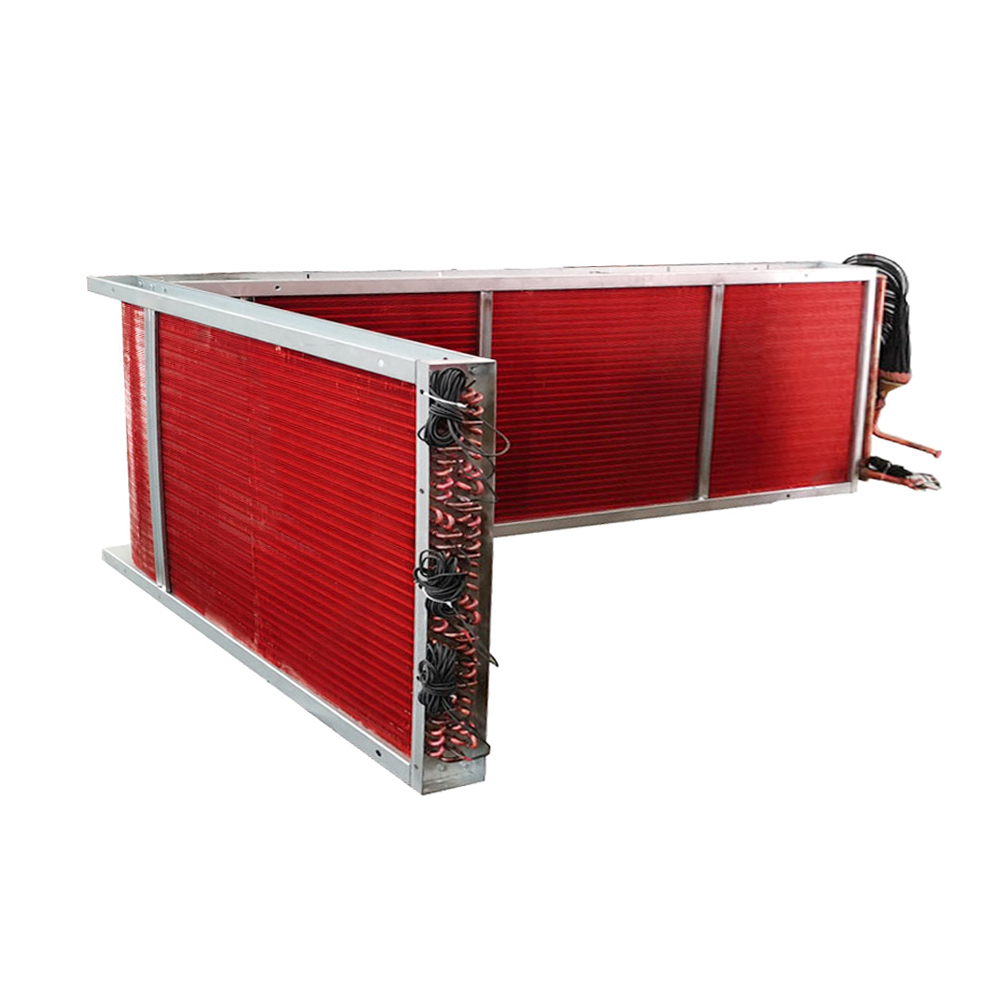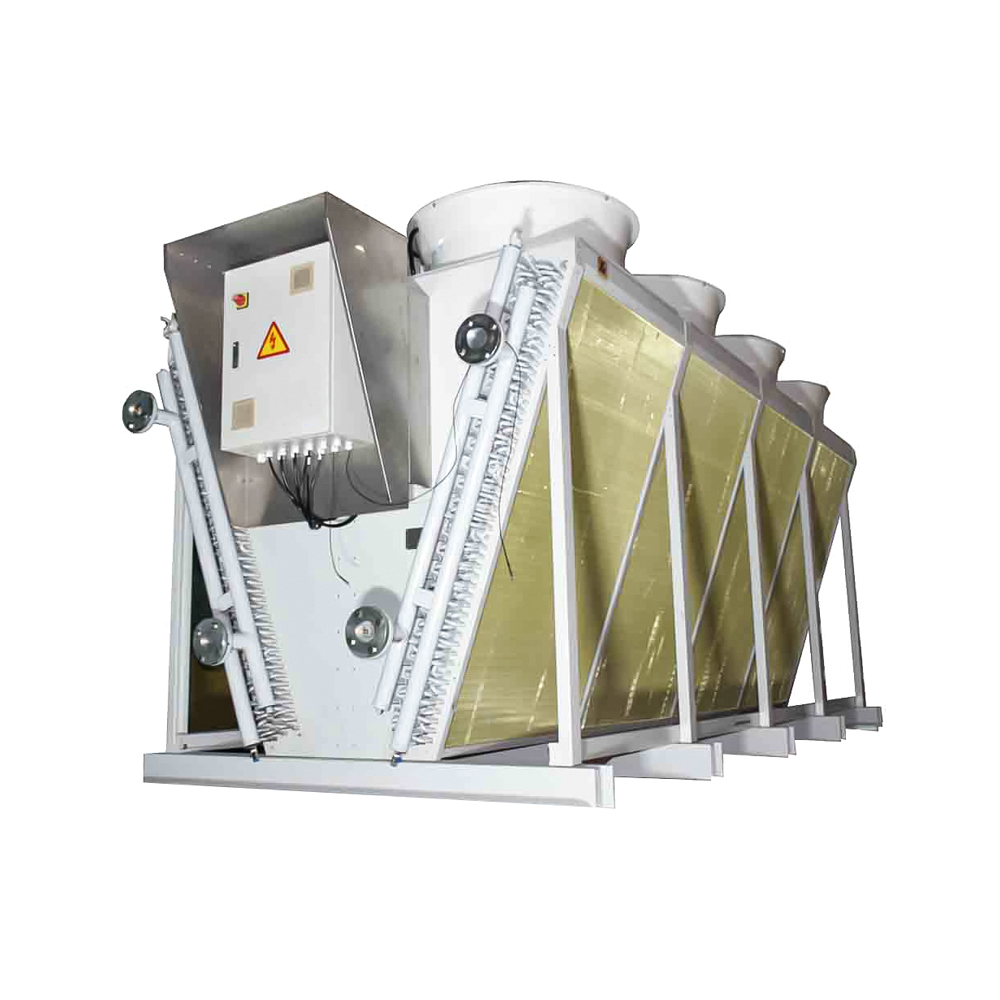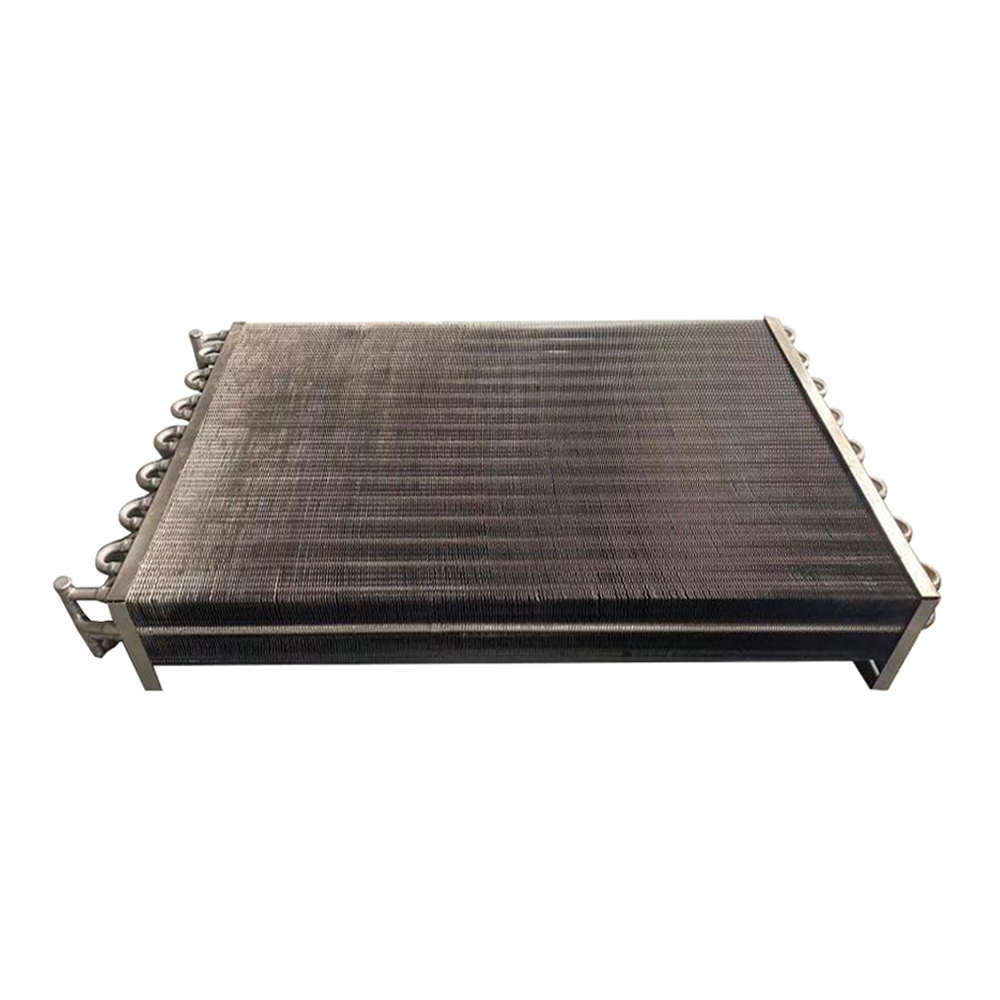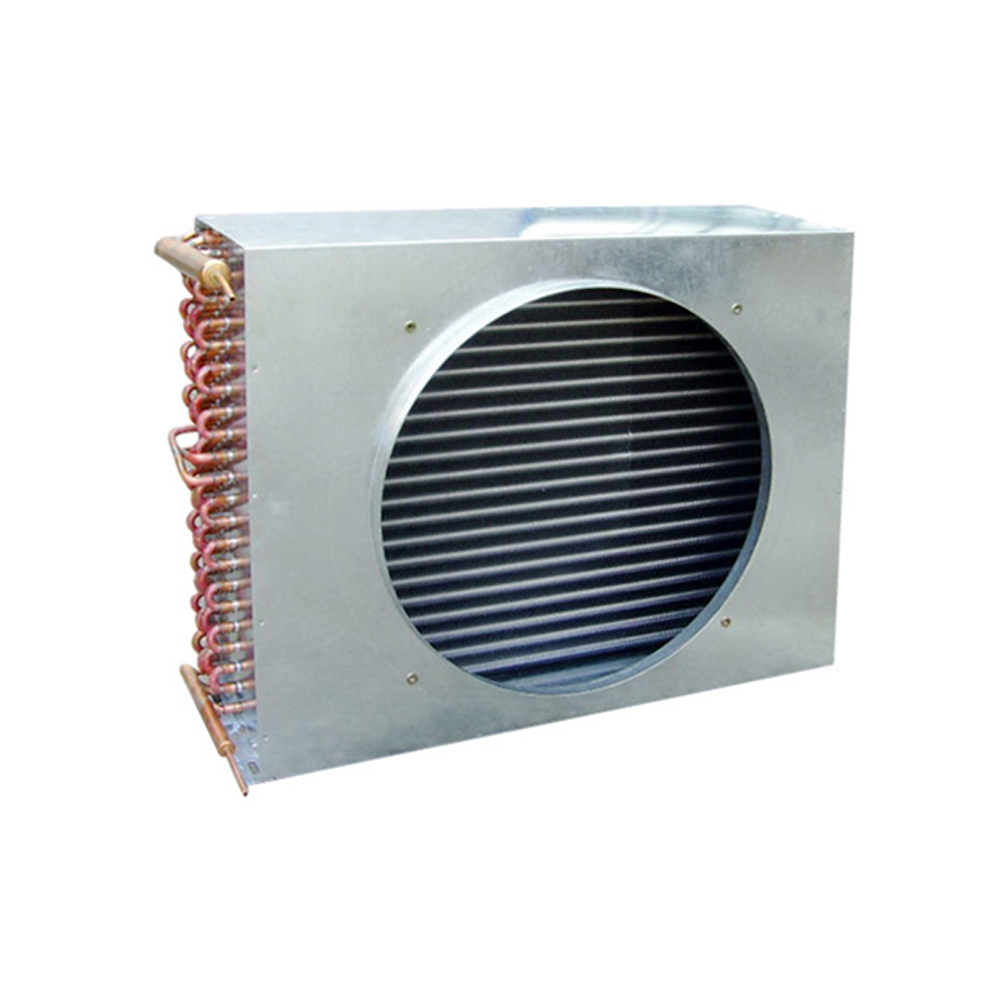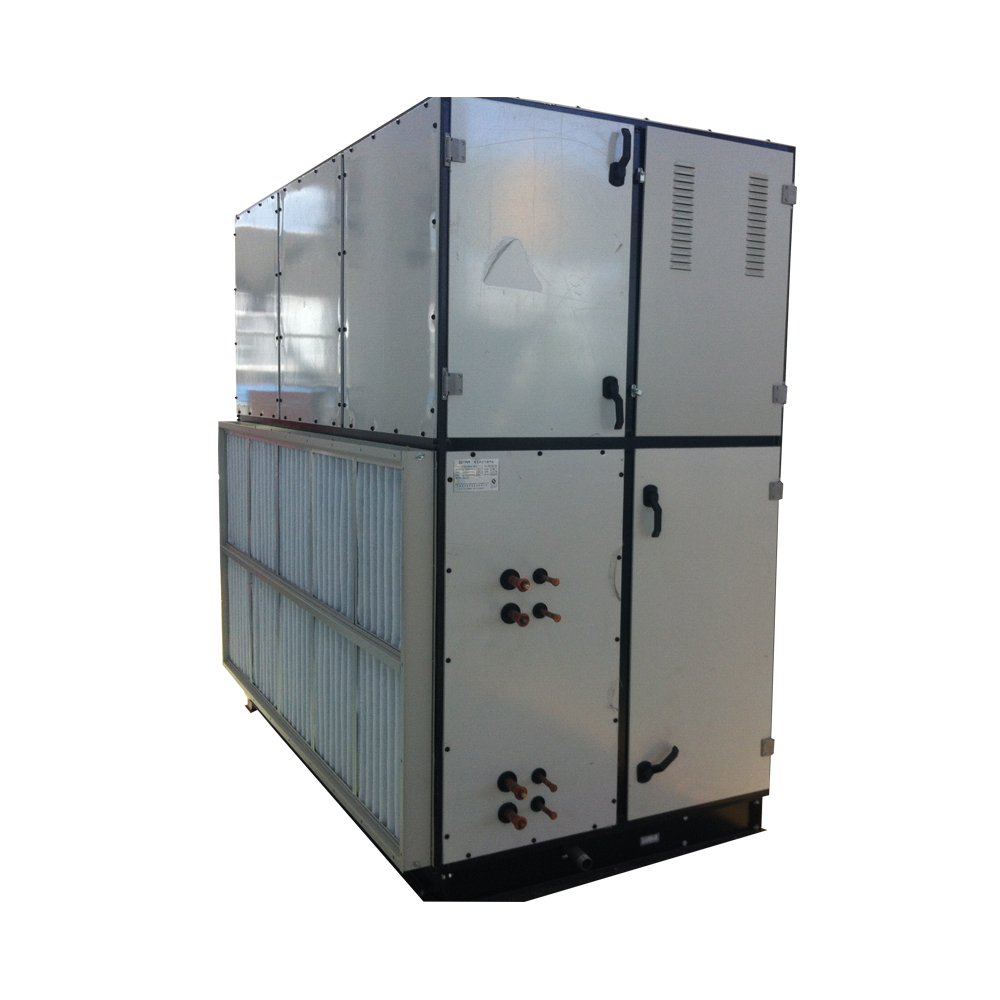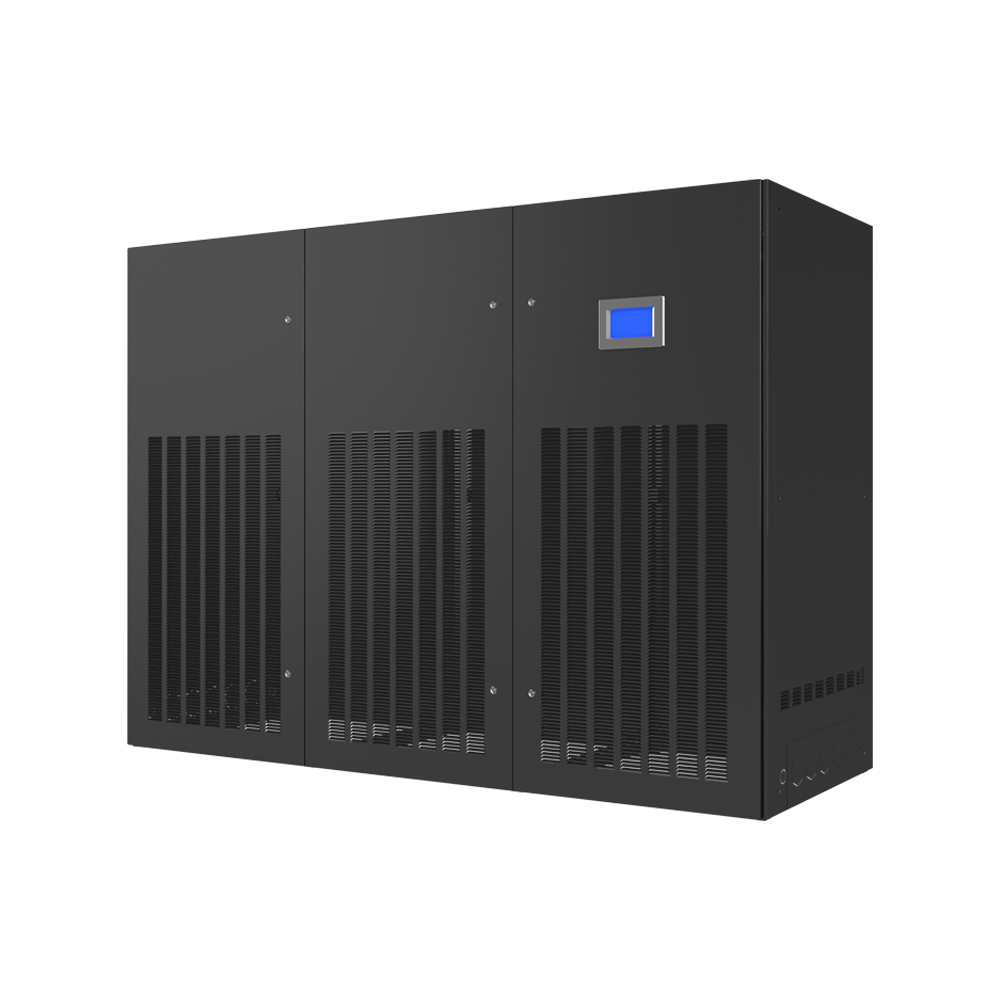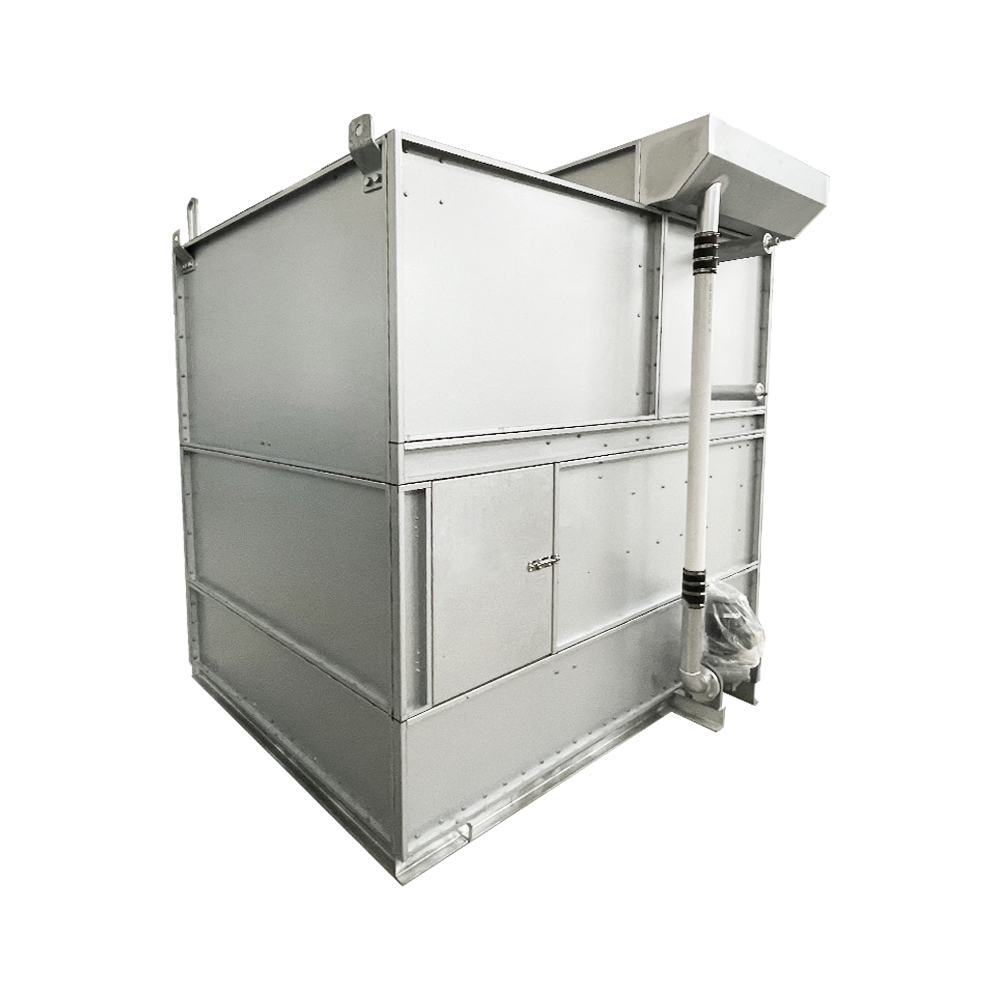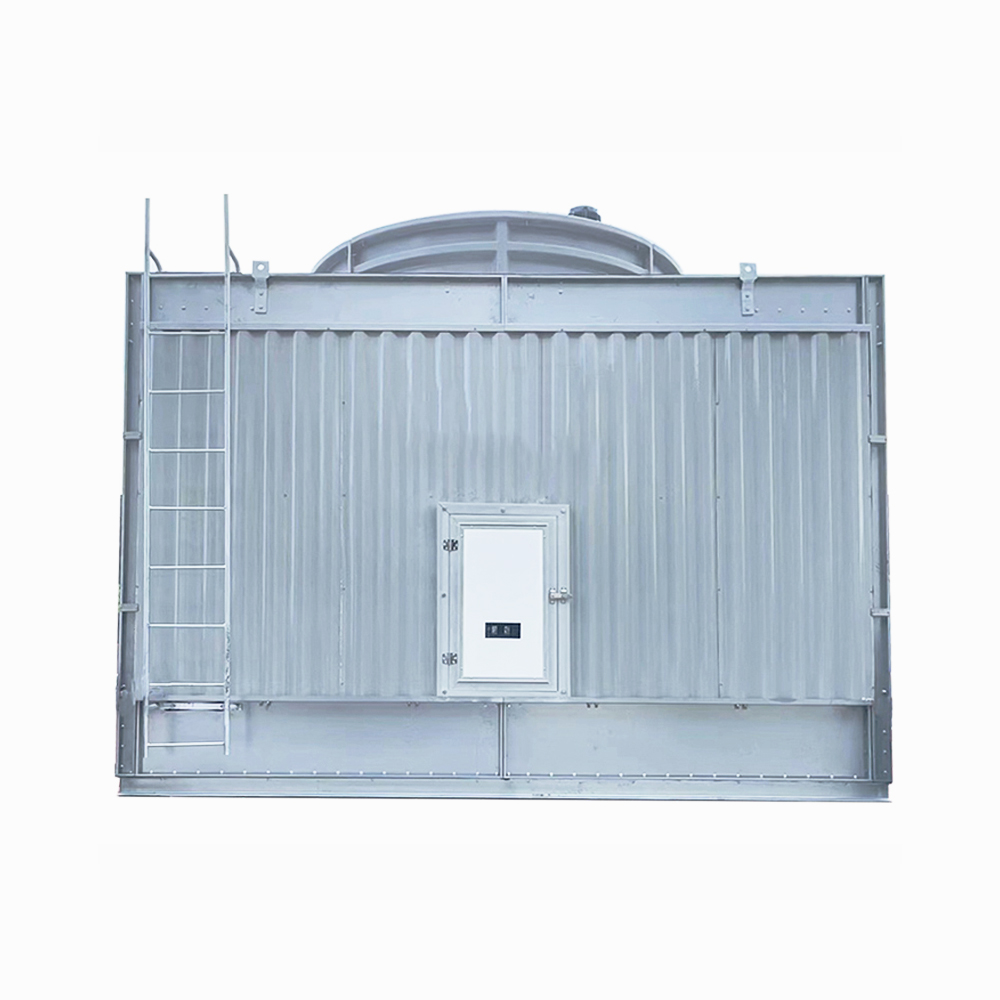This comprehensive guide explores the world of remote condensers, covering their functionalities, applications, selection criteria, and key considerations for optimal performance. We'll delve into various types, sizes, and technologies, equipping you with the knowledge to make informed decisions for your specific cooling needs. Learn about the benefits of remote condenser systems and how to choose the perfect unit for your project.
What are Remote Condensers?
Remote condensers are refrigeration components designed to be located away from the evaporator unit. This separation offers significant advantages in various applications, particularly where noise reduction, space optimization, or aesthetic considerations are paramount. Unlike traditional condenser units integrated with the evaporator, remote condensers provide flexibility in placement, enabling improved system efficiency and reduced environmental impact. They are commonly used in various industries, from commercial refrigeration to industrial process cooling. The refrigerant lines connect the condenser to the evaporator, transferring heat efficiently over a distance.
Types of Remote Condensers
Air-Cooled Remote Condensers
Air-cooled remote condensers are the most common type. They utilize fans to dissipate heat generated during the refrigeration cycle. These are relatively simple to install and maintain, making them a popular choice for many applications. The efficiency of an air-cooled remote condenser is significantly influenced by ambient temperature and airflow. Proper ventilation is crucial for optimal performance.
Water-Cooled Remote Condensers
Water-cooled remote condensers use water as a coolant to dissipate heat. This offers advantages in situations where ambient temperatures are high or where noise levels need to be minimized. Water-cooled systems generally exhibit higher efficiency compared to air-cooled counterparts. However, they require a reliable water supply and disposal system, adding to initial costs and maintenance complexity. Shanghai SHENGLIN M&E Technology Co.,Ltd (https://www.ShenglinCoolers.com/) offers a wide range of high-quality cooling solutions, including both air-cooled and water-cooled condensers.
Choosing the Right Remote Condenser
Selecting the appropriate remote condenser depends on several factors. Key considerations include:
- Cooling capacity (BTU/hr or kW): This should match the requirements of the evaporator unit.
- Refrigerant type: Compatibility with the system's refrigerant is essential.
- Ambient temperature: Air-cooled units are impacted by high ambient temperatures.
- Installation location: Space constraints and accessibility influence condenser placement.
- Noise levels: Water-cooled units generally offer quieter operation.
- Maintenance requirements: Regular maintenance is crucial for longevity and optimal performance.
Remote Condenser Applications
Remote condensers find applications across a wide range of sectors:
- Commercial Refrigeration: Supermarkets, restaurants, and convenience stores.
- Industrial Processes: Manufacturing facilities requiring precise temperature control.
- HVAC Systems: Large buildings and industrial complexes.
- Data Centers: Cooling sensitive electronic equipment.
Maintenance and Troubleshooting
Regular maintenance is vital for the optimal operation and longevity of your remote condenser. This includes cleaning condenser coils (to ensure efficient heat transfer), inspecting refrigerant lines for leaks, and checking fan motor operation (for air-cooled units). Early detection and resolution of problems can prevent costly repairs or system failures.
Comparison of Air-Cooled and Water-Cooled Remote Condensers
| Feature | Air-Cooled | Water-Cooled |
| Installation Cost | Generally lower | Generally higher |
| Operating Cost | Can be higher in hot climates | Generally lower |
| Noise Level | Higher | Lower |
| Maintenance | Regular coil cleaning required | Requires water system maintenance |
Remember to always consult with qualified professionals for the design, installation, and maintenance of your remote condenser system. Proper planning and execution ensure optimal performance and system longevity. Contact Shanghai SHENGLIN M&E Technology Co.,Ltd for further assistance in finding the ideal remote condenser solution for your needs.









